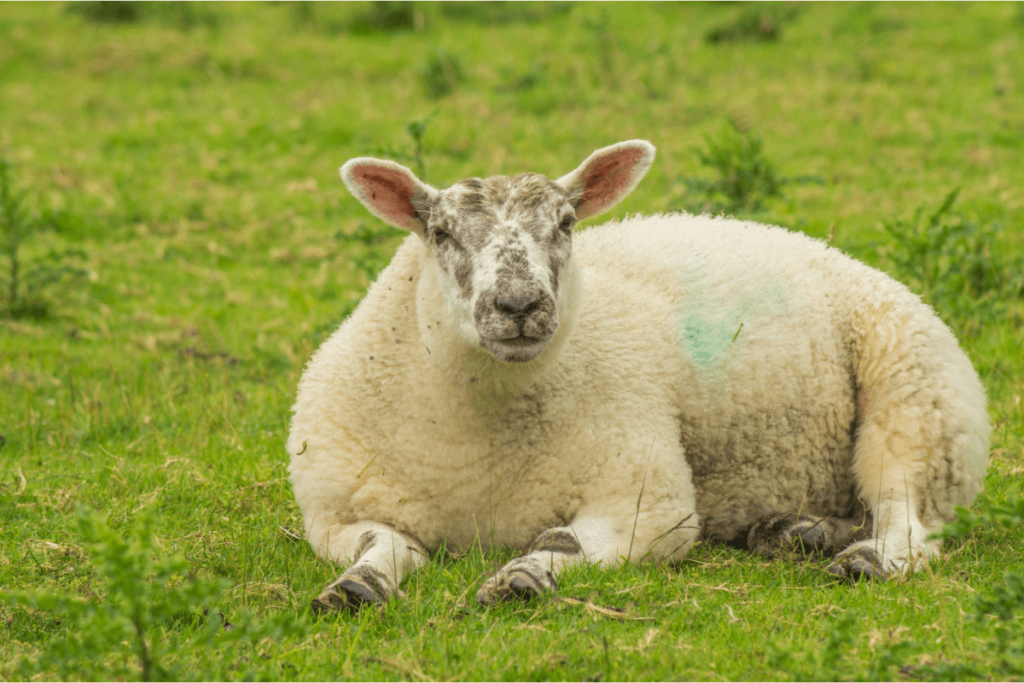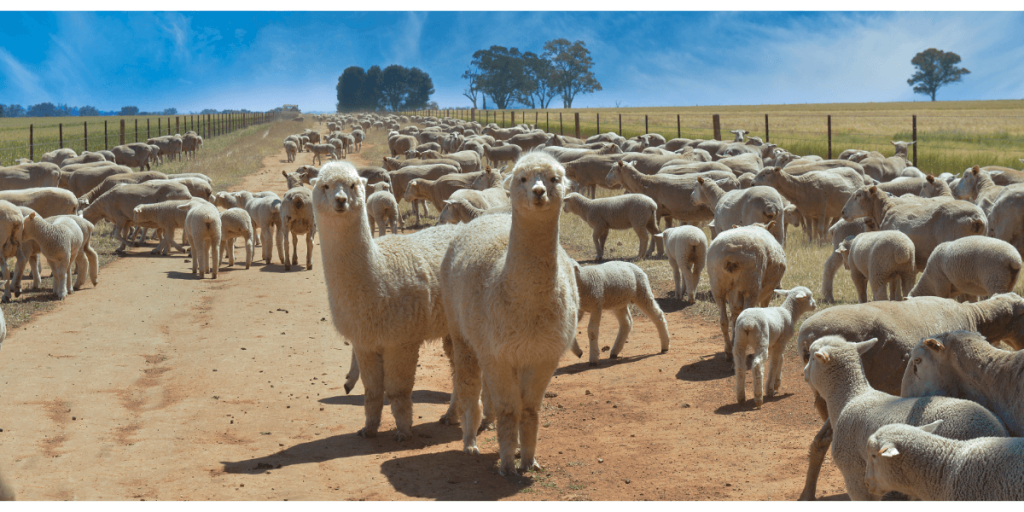The condition of your animal’s feet can have a significant impact on their overall health. Alpacas and sheep are unfortunately vulnerable to a range of foot problems and conditions that can cause lameness and make them quite unwell.
How do I know if my animal is lame?
Signs of lameness in alpacas and sheep can sometimes be subtle, particularly during the early stages of foot problems. Alpacas and sheep should walk evenly on all four limbs and with an even rhythm.
Signs of lameness include:
- Uneven posture
- Not bearing weight evenly across all four legs
- Discomfort when walking or standing
- Shortened or uneven stride
- Unable to keep up with other animals
- Carrying one leg when standing
What foot problems do I need to be aware of?
The most common foot problems in alpacas and sheep are foot rot, abscesses and arthritis.
Foot rot
Foot rot is the main cause of lameness in sheep and alpacas. Foot rot is slightly different in each animal – foot rot in sheep can be highly contagious and is a notifiable condition.
Symptoms can include significant pain, reduced mobility, reddening and swelling between the toes, and lumpy footpads (in alpacas). As the name suggests, the condition causes the feet to rot, so infected feet can start to have a bad smell if left untreated. Foot rot often affects more than one foot.
Treatment is vital to avoid tissue and nerve damage, so it’s important to contact your vet if you suspect foot rot. For alpacas, treatment typically involves the removal of any loose skin followed by the application of antiseptic ointment and then bandaging. In sheep, bathing their feet in zinc sulphate is the typical course of action. Antibiotics may be required for animals with more severe foot rot.
Foot abscesses
Abscesses are another common cause of lameness in alpacas and sheep. Foot abscesses are often restricted just to one limb.
Symptoms include significant swelling, pain and a reluctance to place to affected foot on the ground.
Treatment involves cleaning of the infected area, application of an antibacterial disinfectant and a self-adhesive bandage. Your animal may also need antibiotics if the infection is more severe or doesn’t heal effectively, so it is best to seek advice from your vet.
Arthritis
Arthritis can affect multiple joints, including joints in the foot. Arthritis can be simply part of your animal getting older or may be due to infection, injury or lack of movement.

Symptoms can include swollen joints, lameness, reduced movement, laying down more often and a reluctance to walk and stand.
Treatment varies depending on the cause, so it’s important to get your animal checked by a vet for diagnosis and treatment plan. For older alpacas and sheep with arthritis, there are medications available to assist with swelling and pain, along with dietary supplements to improve joint health.
Need more advice on your animal’s health?
The Cameron Veterinary Services team are highly experienced in all health problems relating to sheep and alpacas. We strongly recommend that you engage a vet to conduct annual health checks on your animals, so you know they’re in good health.
If you ever have any concerns about your animals’ health, please get in touch. You can call us on 08 8318 1801.



